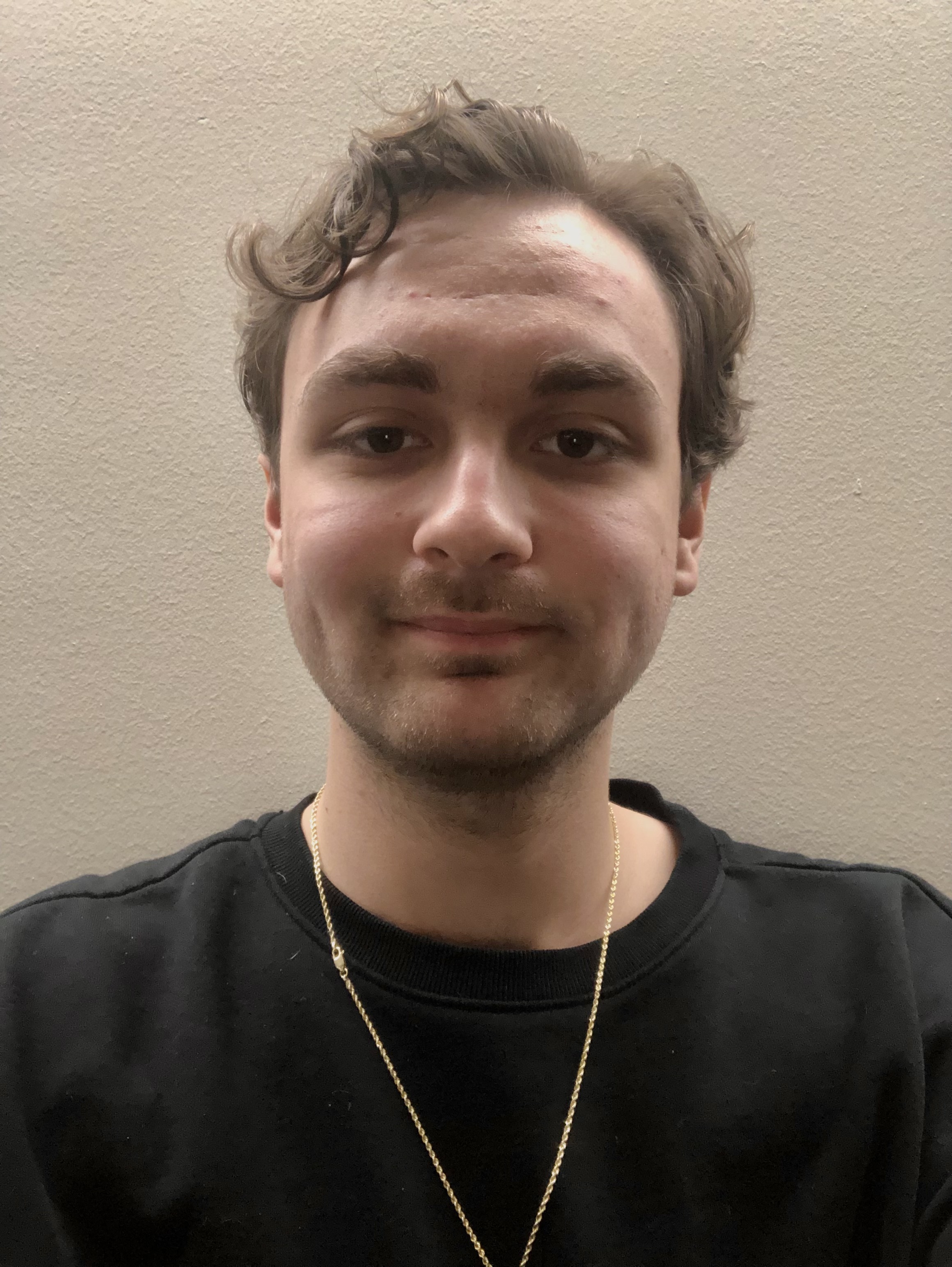Research Symposium
24th annual Undergraduate Research Symposium, April 3, 2024
Joseph Ciancio Poster Session 1: 9:30 am - 10:30 am /93

BIO
Following graduation, I plan on perusing clinical psychology at the graduate level with an explicit interest in suicidality and related mood disorders. I hope to research causal models of suicide and evidence based interventions as well as provide care directly through counseling services.
Examination of the Protective Effects of Religious Affiliation on VR Suicide Behaviors
Authors: Joseph Ciancio, Esther ParkStudent Major: Psychology
Mentor: Esther Park
Mentor's Department: Psychology Mentor's College: College of Arts and Sciences Co-Presenters:
Abstract
Previous studies have suggested religion may protect against suicidality, possibly due to its influence on cognitive aspects, such as preserving a sense of hope and belonging, and social aspects, such as community based coping. However, methodological constraints, including the use of repetitive protocols and non-diverse samples, have left a significant gap in our understanding. The current study utilizes the Virtual Reality paradigm to explore the relationship between religious status and both prior suicidality and VR suicide decisions. Contrary to our hypotheses, analysis of 188 participants across two VR studies found no significant correlation between religious status and history of suicidal ideation (β = .482, p = .356), planning a suicide attempt (β = .959, p = .369), or making an attempt (β = .959, p = .369). Similarly, religious status did not predict the number of VR suicide attempts (β = .515, x2 = 1.264, p = .261), potentially suggesting no protective influence of religious status on suicidality. Our findings conflict with the larger body of previous studies suggesting a need for deeper analysis of mechanistic links between religiously driven cognitions and the spectrum of suicidality.
Keywords: suicidality, technology in psychology, religion

